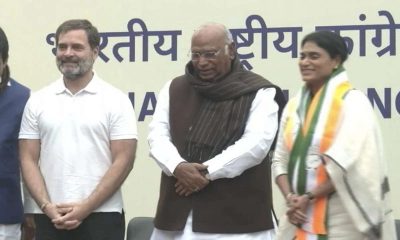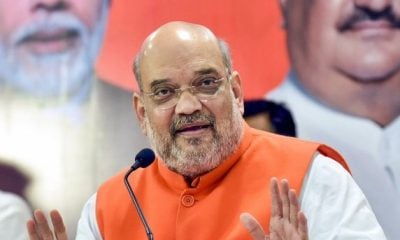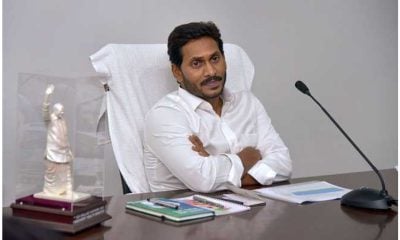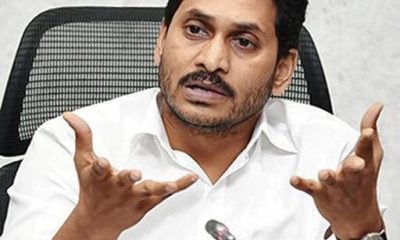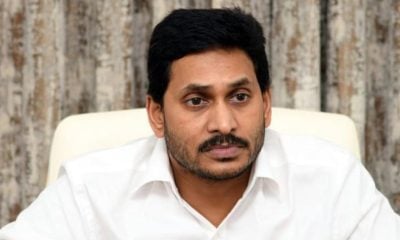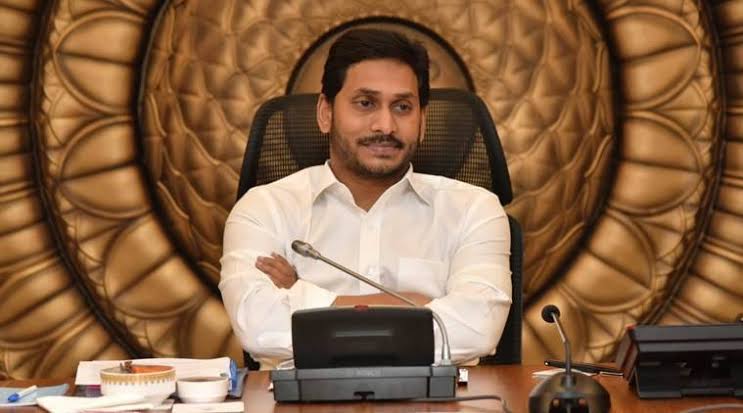India News
Andhra Pradesh’s cabinet reshuffle: Jagan Reddy starts preparation for new cabinet, new cabinet is likely to be sworn in on Monday
In 2019, soon after his massive victory in the Andhra Pradesh election, YS Jagan Mohan Reddy had announced that his cabinet will be revamped in the next 2.5 years, the term ended in December 2021. His cabinet had five Deputy Chief Ministers.

India News
BJP to launch 5,000-km Parivartan Yatra across West Bengal ahead of Assembly elections
India News
BJP alliances in Assam likely to be sealed by March 10
India News
Rohit Pawar alleges big personality link in Ajit Pawar plane crash case
-

 India News11 hours ago
India News11 hours agoBJP alliances in Assam likely to be sealed by March 10
-

 India News11 hours ago
India News11 hours agoBJP to launch 5,000-km Parivartan Yatra across West Bengal ahead of Assembly elections
-

 Cricket news11 hours ago
Cricket news11 hours agoT20 World Cup 2026 Super 8 points table after England beat New Zealand by four wickets
-

 Latest world news11 hours ago
Latest world news11 hours agoTrump declines to intervene as Pakistan-Afghanistan tensions escalate
-

 Latest world news8 hours ago
Latest world news8 hours agoIsrael, US strike Iran as explosions rock Tehran, sirens sound in Tel Aviv
-

 LATEST SPORTS NEWS5 hours ago
LATEST SPORTS NEWS5 hours agoRanji Trophy final highlights: Jammu and Kashmir clinch maiden title after draw with Karnataka

